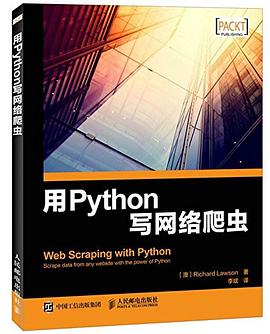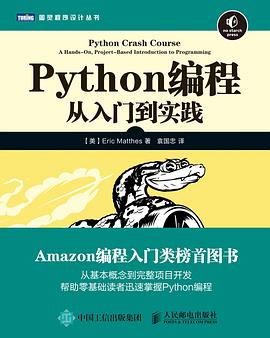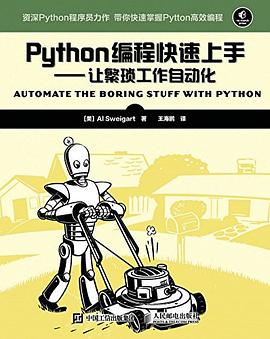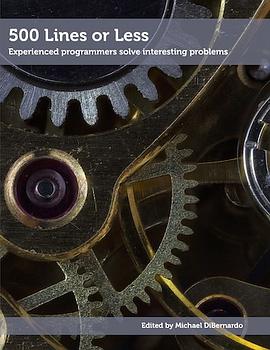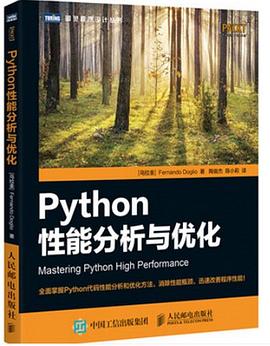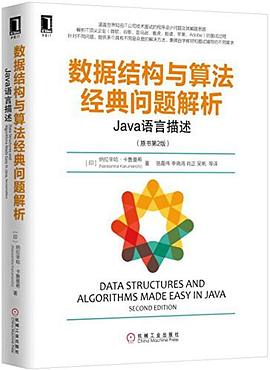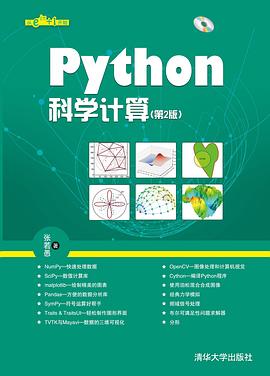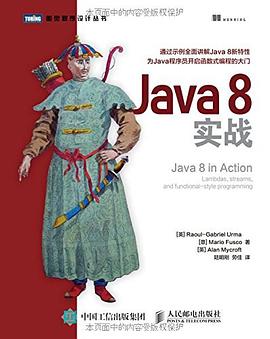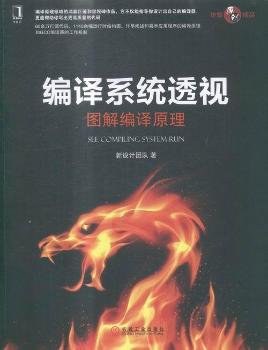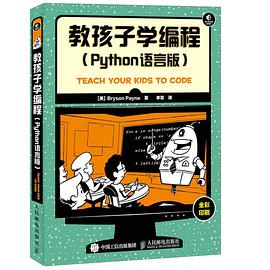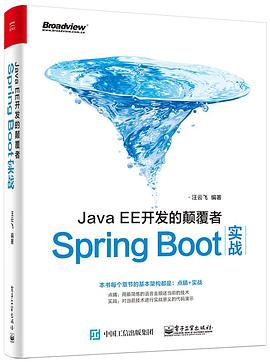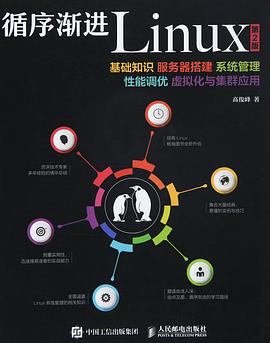

具体描述
Roberto Ierusalimschy is the leading architect of the Lua programming language, driving its development since its inception in 1993. He is an Associate Professor of Computer Science at PUC-Rio (the Pontifical Catholic University of Rio de Janeiro), where he works with programming-language design and implementation.
Roberto has a M.Sc. Degree and a D.Sc. Degree in Computer Science, both from PUC-Rio. He was a visiting researcher at the University of Waterloo, ICSI, GMD, and UIUC, and a Tinker Professor at Stanford. As a professor at PUC-Rio, Roberto was the advisor of several students that later became influential members of the Lua community. Roberto is also a Distinguished ACM Speaker and a member of the IFIP Working Group on Language Design.
Lua is spreading more and more throughout different areas of software, from embedded systems and mobile devices to the Web and the Internet of Things. Besides, it has a major role in the game industry, where knowledge of Lua has become an indisputable asset. Lua is the language of choice for anyone who needs a scripting language that is simple, efficient, extensible, portable, and free. Programming in Lua is the official book about the language, providing a solid base to any programmer who wants to use Lua. Authored by Roberto Ierusalimschy, the chief architect of the language, it covers all aspects of Lua 5---from the basics to its API with C. The book is the main source of programming patterns for Lua, with numerous code examples that help the reader to make the most of Lua's flexibility and powerful mechanisms. Programming in Lua is targeted at people with some programming background, but does not assume any prior knowledge about Lua or other scripting languages. This Fourth Edition updates the book to Lua 5.3 and marks a complete reorganization of the text. Building on his many years of experience teaching Lua, Roberto has restructured the book to present the material in a growing order of complexity, allowing the reader to better absorb the character of the language.
用户评价
##Roberto Ierusalimschy. Programming in Lua. URL: [https://www.lua.org/pil/contents.html] 这本书是对 Lua 编程语言的系统介绍。其实这本书有紧跟最新 Lua 版本的新版,但那是需要花钱买的。我这次读的是作者免费公布在网络上的本书第一版,所以多少和最新的 Lua 是有一点出...
评分 评分 评分 评分海淘500rmb 来的原版 本来想翻译一发 结果出版社说已经有人在从事这个工作了……
评分海淘500rmb 来的原版 本来想翻译一发 结果出版社说已经有人在从事这个工作了……
评分 评分##lua 的table 和nil我很喜欢、很方便。数据结构table足以。特别是让非程序员(如策划)做配置的时候。
相关图书
本站所有内容均为互联网搜索引擎提供的公开搜索信息,本站不存储任何数据与内容,任何内容与数据均与本站无关,如有需要请联系相关搜索引擎包括但不限于百度,google,bing,sogou 等
© 2025 book.idnshop.cc All Rights Reserved. 静思书屋 版权所有

